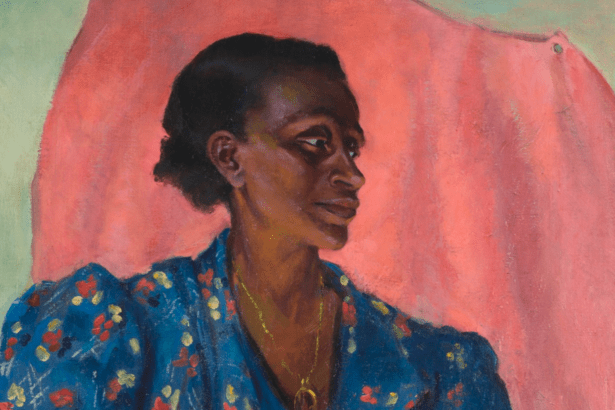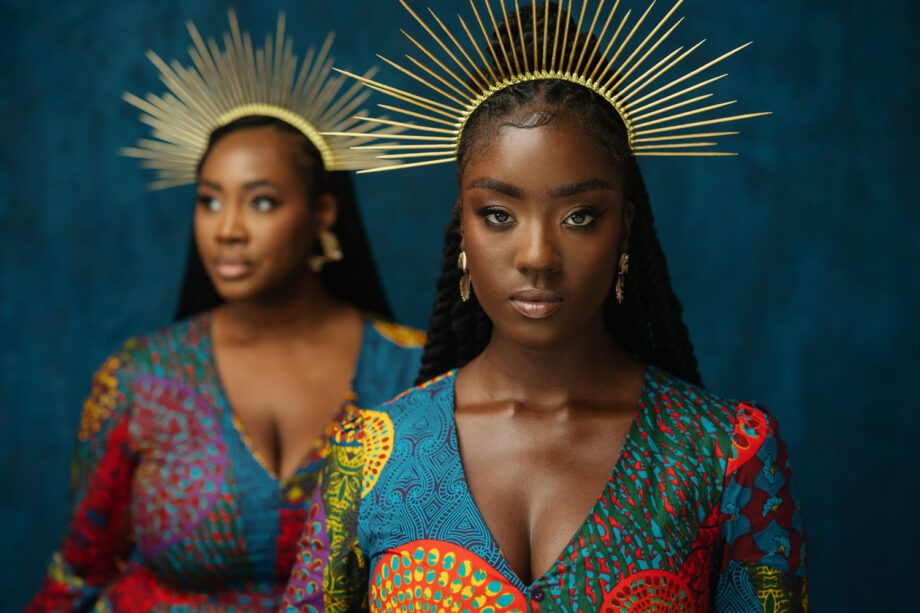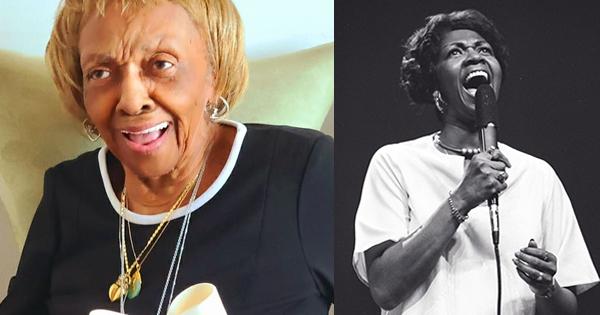In recent years, African fashion has captured the hearts and minds of people around the world, transcending borders and cultures with its vibrant colors, bold patterns, and rich cultural heritage.
From the runways of Paris to the streets of New York, African-inspired designs have become a global phenomenon, celebrated for their uniqueness, diversity, and inclusivity.
But what is it about African fashion that resonates so deeply with people?
Here are 8 reasons.
1. Celebration of Culture and Heritage
At its core, African fashion celebrates culture and heritage, showcasing the rich tapestry of traditions, customs, and craftsmanship that define the continent’s diverse communities.
Each garment tells a story, with patterns, motifs, and techniques passed down through generations, preserving cultural identity and heritage.
Whether it’s the intricate beadwork of the Maasai tribe or the vibrant Ankara prints of West Africa, African fashion pays homage to centuries-old traditions while infusing them with a contemporary flair.

2. Vibrant Colors and Bold Patterns
African fashion is renowned for using vibrant colors and bold patterns, which reflect the continent’s rich natural landscapes, wildlife, and cultural diversity.
From the earthy tones of mudcloth to the kaleidoscope of colors in Kente cloth, African textiles are a feast for the eyes, exuding energy, vitality, and joy.
These vibrant colors and bold patterns evoke a sense of celebration and optimism, making African fashion a symbol of positivity and self-expression.
3. Empowerment and Representation
African fashion has played a pivotal role in empowering communities and challenging stereotypes, particularly for women and marginalized groups.
By showcasing the talent and creativity of African designers and artisans, African fashion provides a platform for self-expression and economic empowerment.
Moreover, African fashion celebrates diverse body types, skin tones, and cultural backgrounds, promoting inclusivity and representation in an industry often criticized for its lack of diversity.

joel-muniz-KodMXENNaas-unsplash.jpg
4. Innovation and Creativity
African fashion is a hotbed of innovation and creativity, constantly pushing boundaries and redefining industry norms.
From avant-garde couture to streetwear-inspired designs, African designers are fearless in their experimentation, blending traditional techniques with contemporary aesthetics to create bold and groundbreaking collections.
This spirit of innovation and creativity has earned African fashion a reputation for pushing the envelope and setting trends on a global scale.

kingsley-osei-abrah-awNvIN-SqLw-unsplash
5. Cultural Exchange and Global Influence
African fashion catalyzes cultural exchange and global influence, transcending geographical boundaries to inspire designers, fashion enthusiasts, and creatives worldwide.
The fusion of traditional African elements with contemporary styles has sparked a renaissance in the fashion industry, leading to collaborations, cross-cultural exchanges, and the emergence of new trends.
From the catwalks of major fashion capitals to the wardrobes of celebrities and influencers, African-inspired designs are celebrated for their ability to bridge cultures and foster understanding, promoting unity and diversity on a global scale.
6. Community Building and Social Impact

my-life-through-a-lens-bq31L0jQAjU-unsplash.jpg
Beyond its aesthetic appeal, African fashion is vital in community building and social impact, fostering economic development, and empowering local artisans and entrepreneurs.
By supporting African designers and brands, consumers contribute to sustainable livelihoods, job creation, and the preservation of traditional craftsmanship.
Moreover, many African fashion initiatives prioritize social responsibility, investing in education, healthcare, and infrastructure to uplift communities and improve quality of life.
Through initiatives such as fashion apprenticeships, skills training programs, and ethical sourcing practices, African fashion fosters positive change and social impact, proving that fashion can be a force for good in the world.

7. Redefining Beauty Standards
African fashion is reshaping conventional beauty standards by celebrating diverse body types, skin tones, and cultural backgrounds.
In a world where mainstream fashion often promotes narrow beauty ideals, African designers embrace inclusivity and authenticity, showcasing models of various sizes, shapes, and ethnicities.
This commitment to diversity not only promotes self-acceptance and body positivity but also challenges harmful stereotypes and fosters a more inclusive and representative fashion industry.
Through their bold and unapologetic approach to beauty, African fashion designers empower individuals to embrace their uniqueness and celebrate their identity with confidence and pride.

8. Empowering Cultural Identity
For many people of African descent, African fashion serves as a powerful tool for reclaiming cultural identity and asserting pride in one’s heritage.
In a world where cultural assimilation and homogenization are prevalent, African fashion offers a means of reconnecting with ancestral roots and expressing cultural pride.
Whether through traditional garments, symbolic motifs, or indigenous textiles, African fashion enables individuals to celebrate their heritage and reaffirm their sense of belonging in a globalized society.
By wearing African-inspired designs, individuals assert their cultural identity and affirm the beauty and resilience of African heritage, fostering a sense of solidarity and unity within the diaspora and beyond.

Conclusion
In conclusion, people love African fashion for its celebration of culture and heritage, vibrant colors and bold patterns, empowerment and representation, sustainability and ethical practices, and innovation and creativity.
Beyond its aesthetic appeal, African fashion is a symbol of resilience, diversity, and self-expression, inspiring people around the world to embrace their unique identity and celebrate the beauty of cultural exchange.
As African fashion continues to captivate hearts and minds, it serves as a powerful reminder of the transformative power of fashion to unite, inspire, and empower communities across the globe.




